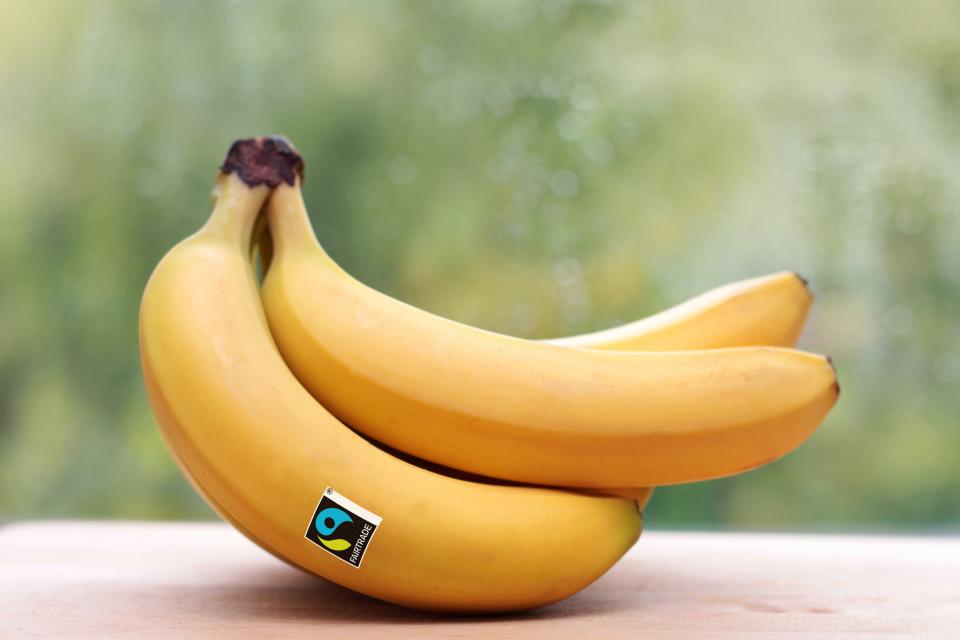Fairtrade celebrates a decade of helping workers
Wednesday, 04 November 2015
Fairtrade, the world’s most recognised ethical label, is celebrating its tenth anniversary in New Zealand this year, by educating Kiwis on the impact of Fairtrade over the last decade, in the Pacific and around the world.
Recent retail sales figures have showcased Kiwis’ passionate support for Fairtrade farmers and workers, with $NZD89.3 million of Fairtrade products sold in 2014. Currently, over 45 brands are working with Fairtrade in New Zealand, from larger companies such as Whittaker’s and BP’s Wild Bean Café through to boutique brands including All Good, Nice Blocks and local fashion label Kowtow. Each brand that has committed to Fairtrade in the last decade is helping to improve the livelihoods of Fairtrade farmers globally.
Fairtrade Australia and New Zealand CEO Molly Harriss Olson said over the past 10 years, Fairtrade has delivered transformational development initiatives to farmers and workers in the Pacific. “Not only have we supported farmers get a fair price for their commodities and empowered workers, but we have also been able to inject funding into projects that directly benefit the communities we work with,” Ms Harriss Olson said.
Fairtrade provides farmers and workers in developing countries with a fair price (the Fairtrade Minimum Price) for their produce which at a minimum covers the cost of sustainable production and helps protect them from damaging fluctuations in world market prices. They also receive an additional sum of money (the Fairtrade Premium) for investment in social, economic and environmental development in their community, such as educational and medical facilities.
Initiatives in the Pacific that Fairtrade New Zealand has been involved with include building classrooms, bringing clean water to homes, providing access to healthcare and fixing infrastructures such as roads in nations like Papua New Guinea, Samoa, and Tonga.
Looking back on the last 10 years of positive change, Fairtrade New Zealand is looking to set new challenges for the next decade. Since retail sales of Fairtrade Certified bananas rose by 28% in the last year, the next goal is to see a full conversion to Fairtrade bananas in New Zealand supermarkets. “Kiwi shoppers love their Fairtrade bananas, so it makes sense to aim for 100% Fairtrade across retailers,” Ms Harriss Olson said. “All Good Bananas have set a precedent for this and other banana brands are following suit, so we think it’s a realistic goal – and it will make a real difference for banana growers and workers.”
On hitting the ten year milestone, Ms Harriss Olson said it was a great time to remind consumers that every time they purchase a product with the Fairtrade Mark they are making a conscious decision to support workers and farmers in developing countries. “When you buy Fairtrade you can rest assured that the communities who supplied the ingredients for the product you are enjoying are also getting a chance to enjoy a better life.”


